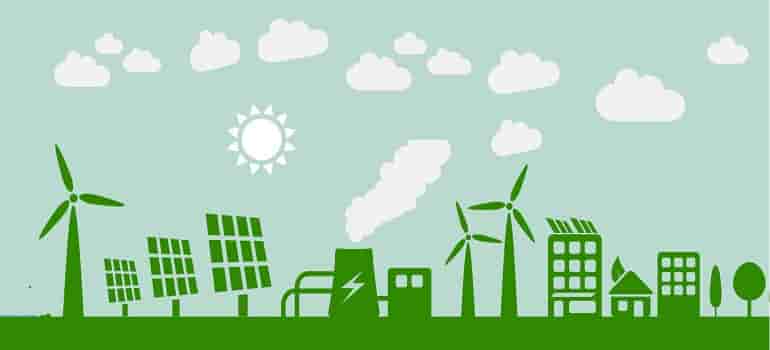
The Indian Institute of Technology (IIT-Kanpur) , one of the premier institutes in the country is all set to become nation’s first to set up sustainable energy engineering department.
With this the institute aims to become a vital contributor to the nation’s growing clean and renewable energy sector.
The board of governors of the institute in a meeting held on December 7 accorded its approval for setting up the department.
“Starting an academic department in this area is a vital initiative serving the educational and technology development related needs of the country,” said K Radhakrishnan, chairman of the board of governors, IIT-Kanpur.
Abhay Karandikar, Director , IIT Kanpur via micro blogging site Twitter said “I am delighted to share that in a landmark and historic decision, BoG @IITKanpur (on the recommendations of the Academic Senate) has approved establishing the Department of Sustainable Energy Engineering (DSEE).”
I am delighted to share that in a landmark and historic decision, BoG @IITKanpur (on the recommendations of the Academic Senate) has approved establishing the Department of Sustainable Energy Engineering (DSEE) @mnreindia#NEP2020 #sustainableenergy @REInvestIndia pic.twitter.com/gEddAezwxs
— Abhay Karandikar (@karandi65) December 7, 2020
Karandikar talking about the academic programme said that the new department will provide multiple skill-sets to its students, with relevant courses from core engineering disciplines blended with sciences and humanities.
He added “the curriculum will train the students to become well-rounded energy engineers who will become assets to the industry as well as academia and research organisations.”
“This initiative comes at an opportune time when the Indian government has committed to source at least 40 per cent of its energy requirement from clean and renewable energy sources by 2030, as pledged in the Paris Agreement,” sid Karandikar.
He also said that the new department also aims to contribute to India’s bid to become a global leader in the widespread adoption of sustainable energy technologies impacting a variety of sectors such as electricity and transportation.
The academic programme will engage in cutting-edge research in frontier and futuristic areas related to energy sustainability with clear focus on new, renewable and alternate energy technologies.
Karandikar said, “The Department’s research will be classified under four major verticals of energy capture and generation, energy storage and distribution, alternative fuels as well as energy, environment and policy”.

